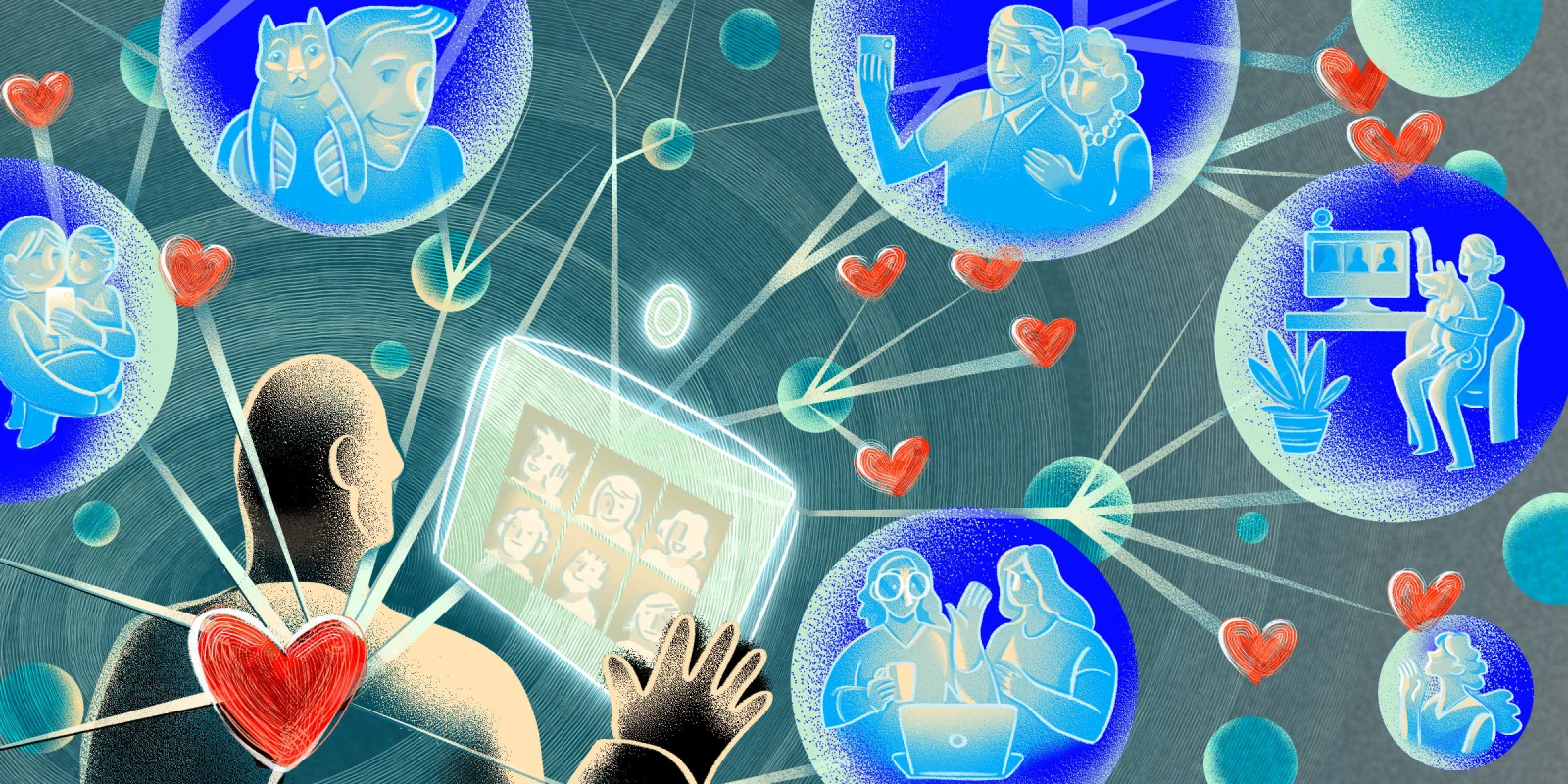This is part of the Medical Humanities series on Op-Med, which showcases creative work by Doximity members. Do you have a creative work related to your medical practice that you’d like to share? Send it to us here.
Self-quarantine and social isolation
Happening all across the nation.
Social distancing avoids contagion.
Health care workers gowned, gloved, masked.
Respiratory hygiene! we’re all asked.
With strict hand hygiene too, we’re tasked.
To identify all infected, we more must test,
Then isolate them from all the rest.
Prevention methods for this are best.
We know we’re all in this together,
And we must take care of each other.
For that, we must not too many gather.
When we do come together, we must stay apart.
Guidance comes from medical science and art,
Protects many with problems of lung and heart.
Clean most surfaces, leave no trace behind
Of any virus, all we must remind.
It could well save people-kind.
Society temporarily slowing down,
Everywhere empty downtown,
Waiting to see the lonely clown.
Social distance now is altruism,
Viewed through a public health prism.
Close the borders? Immigrant-ism.
These issues we must not ignore.
Against a killer virus, we’re at war.
Practice at a distance, el amor.
What was your inspiration? Did other creative works, if any, influence your creation of this piece?
It all relates to my (roughly) 36 years of work in public health and my passion for working towards health and well-being improvement in all people, and particularly in Latino communities. I've been writing poetry for decades, starting with family subjects. For the last 20 years, I started writing more health-related and social equity-related poems. I retired from public health work in early 2018, so I've had a bit more time to write. I joined with the Latino Caucus for Public Health to edit and contribute to a book titled "Latinx Salud Poems, an Inaugural Collection." I will, at times, get inspired to write on the major events happening, and my professional background and experience inform much of what I write.
Is there anything else you'd like to tell us about your involvement in or views on arts in medicine?
Health care is both a science and an art, and I do believe clinicians can reach — and favorably — impact more people and communities through cultural connections like art, whether it be poems, stories, music, dance, drawing, painting, etc. There has been a bit of research, though not nearly enough, published on art forms positively impacting healing and generally improving life and well-being. For years, I've been enjoying the weekly publication of the poetry and medicine section in the JAMA, and they've published a few related articles. Finally, because health care work is highly analytic, creative art forms practices are helpful to balance the individual's mind.
All arts should be given more prominence in all health care fields. Thank you for Medical Humanities. It's a welcome series, and I hope it grows.
Why did you choose this medium? What interests you about it?
I've been a poet for some decades. I love words and languages; poems express life events, circumstances, concepts, and feelings in a special way for me. As I am bilingual and bicultural, my preferred poem writing is bilingual Spanish and English (not Spanglish).
Alvaro Garza is a retired public health physician with local, state, national, and international practice and research experience. He received his training in epidemiology at the U.S. Centers for Disease Control and Prevention. Served as faculty at the University of California San Francisco School of Medicine. He served on state, national, and international policy advisory bodies. An author or co-author of scientific articles published in medical and public health journals. He spoke at local, state, national, and international scientific meetings. He is bilingual, bicultural, binational, and an occasional bilingual poet.
Illustration by April Brust







